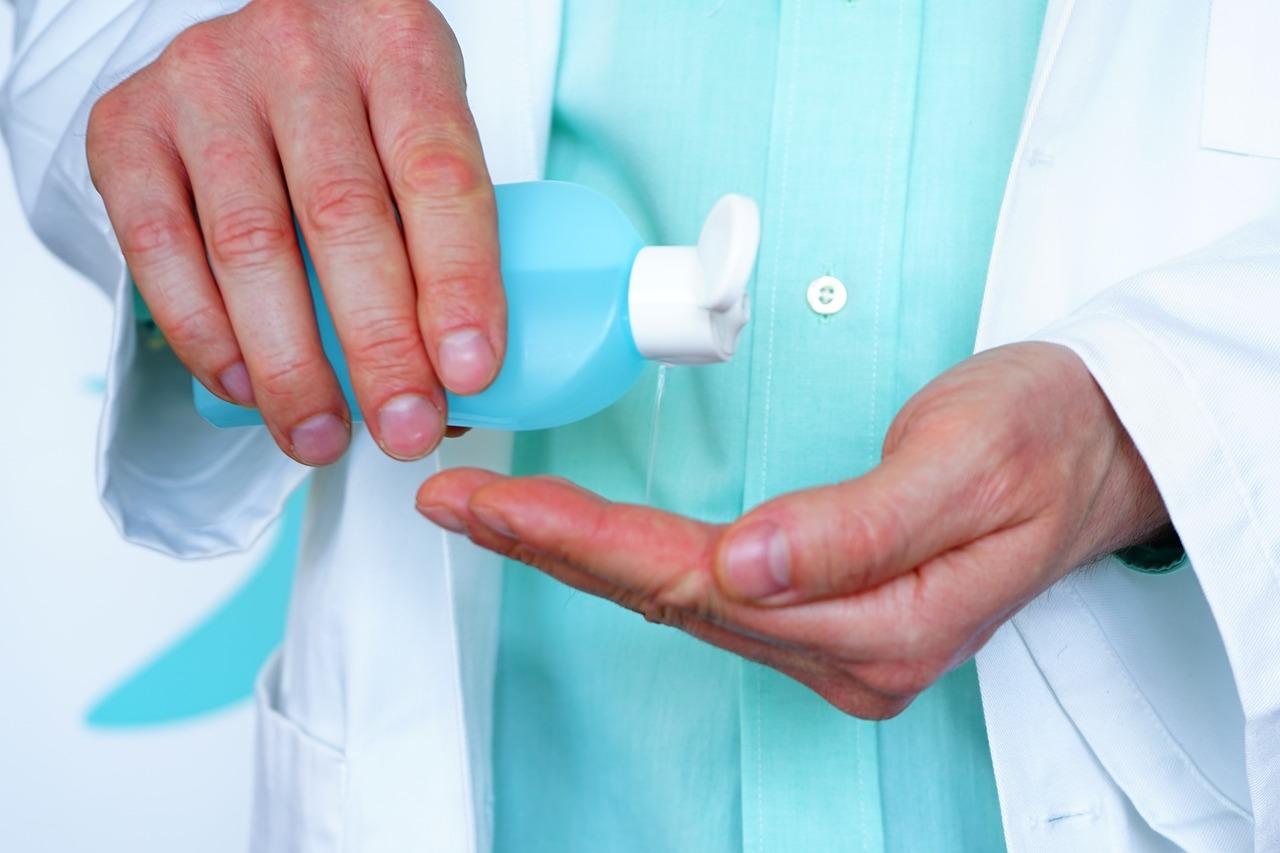Table of Contents
ToggleHow to Prevent the Spread of Germs
The cold and flu season is in full swing, and it’s more important than ever to take precautions to prevent the spread of germs. Germs can be spread through coughing, sneezing, and contact with contaminated surfaces. Whether you work in the healthcare niche, a school, or any other job, it’s important to practice good hygiene to prevent yourself and those around you from becoming ill. Here are some tips on how to prevent the spread of germs:
Wash Your Hands Regularly: The most important way to prevent the spread of germs is by washing your hands regularly with soap and water, especially after using the restroom, before eating, and after contact with someone who is sick.
Avoid Touching Your Face: Our hands touch many surfaces throughout the day that can be contaminated with germs. To prevent these germs from entering our bodies, we should avoid touching our faces unless we have just washed our hands.
Cover Your Coughs and Sneezes: Coughs and sneezes can spread germs far and wide. To prevent others from getting sick, it is important to cover your nose and mouth with a tissue when coughing or sneezing.
Clean and Disinfect Surfaces: Cleaning and disinfecting surfaces regularly will help reduce the spread of germs. This includes countertops, doorknobs, light switches, and other surfaces that are frequently touched.
Practice Good Hand Hygiene: Another of the most effective ways to prevent the spread of germs is to wash our hands often with soap and water for at least 20 seconds. Alcohol-based hand sanitisers can also be used when soap and water are not available. Other positive habits include not touching your face, avoiding contact with sick people, and wearing a mask if you are ill.
Avoid Close Contact: It is important to maintain a distance of at least six feet from other people, especially those who are sick. This will help prevent the spread of germs and reduce the risk of getting sick.
Stay Home When Sick: Staying home when you’re feeling sick can help reduce the spread of germs. If you are feeling ill, try to stay away from other people and contact your healthcare provider if symptoms do not get better.
Washing Your Hands
Ultimately, this is one of the most important steps for preventing the spread of germs. Wash your hands with soap and warm water for at least 20 seconds, especially before eating and after use of the bathroom. Even after the pandemic, it’s amazing how many people (and even healthcare professionals) still don’t know how to properly wash their hands.
Whether you’re a professional or you run a facility, why not invest in Handwashing Training for your employees? This will help ensure that everyone is washing their hands properly and reduce the likelihood of infection.
During this training, you will learn the correct technique of hand-washing, as well as hand sanitising and when to use it. You’ll also learn why proper hand hygiene is so important, and how to recognise the signs of poor hand hygiene. For example, if you notice someone not washing their hands properly, or perhaps not often enough, then it’s your job to remind them of the importance.
Every year, preventable infections can be spread due to poor hygiene. It’s important to take all necessary precautions and proper hand washing techniques should be practised at all times. With the right training, you can help prevent the spread of germs and keep everyone safe from potential contagions.
Also Read More About: – What is the Factorial of Hundred 100











